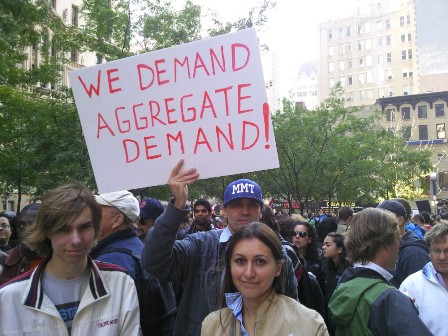The news out of Europe has turned from mixed for the last week or so to troubling.
On the one hand they seem to realize that the answer is the ECB writing the check, and on the other they seem to be saying they don’t want to do that. And on the one hand they say Greece won’t default, and on the other is a serious discussion of the ramifications of default. And as the haircut talk on private holders of Greek debt has gone from 21% to 50% and maybe more, the ECB says they will keep their Greek bonds which will presumably mature at par, but at the same time additional ECB capital calls are under consideration due to what they call increased risk of loss.
The idea that the EFSF alone writing checks to support Portugal, Spain, and Italy would weaken the credit worthiness of the core has also been discussed, which is why talk of ECB support had materialized.
Meanwhile, even as the austerity continues to bite, perhaps to the point where the austerity is now causing deficits to be larger, additional austerity measures continue to be demanded and imposed.
And where the banks stand with regard to solvency is anyone’s guess as well.
In other words, it’s all moving further away from any sense of resolution, with uncertainty about as high now as it’s ever been, as is the potential for a catastrophic financial event.



